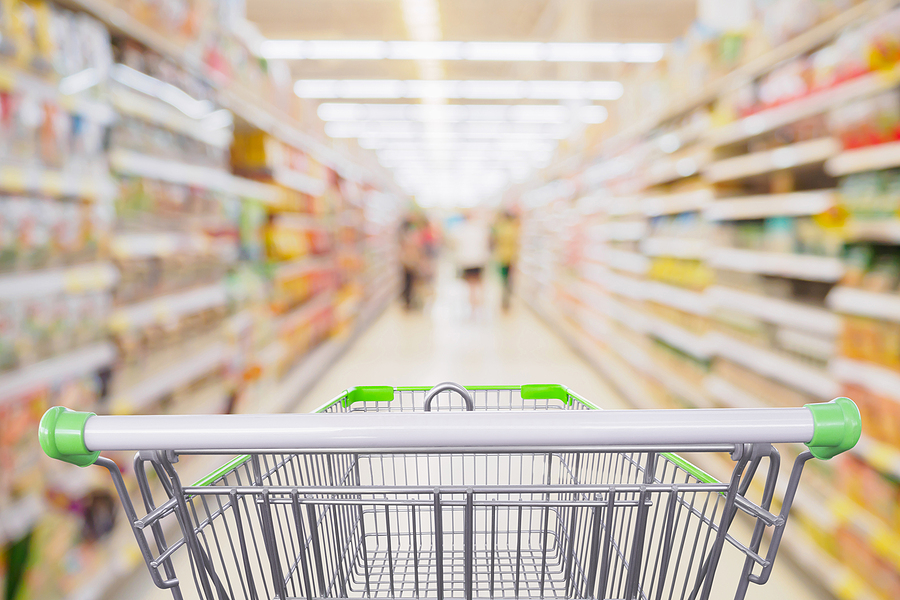Consumers expect a lot when it comes to food and beverage sustainability, but many don’t know what makes brands sustainable, according to Morning Consult’s latest report: What Sustainability Means to Consumers.
Food and beverage ranked second (behind automotive and mobility) for industries where consumers see sustainability as most important. But when asked to describe what sustainability means in their own words, roughly one-quarter of respondents(the largest group) said they didn’t know. After “don’t know,” the most common answers were about packaging, recycling, waste, and using organic, natural, clean ingredients.
The survey also revealed large differences between demographic groups in the degree to which climate change impacts eating and drinking behaviors. Younger consumers, Democrats, and those who follow a meatless or reduced meat diet say climate change has a larger impact on what they eat or drink than do older generations, Republicans, and those who don’t follow any special diet.
In terms of personal behavior, consumers are widely adopting their own sustainability practices around food and beverages. At least half of respondents said that they have adopted these practices in the past year, even if the main motivation wasn’t sustainability (many of these practices also decrease costs):
- Reducing food waste
- Recycling packaging
- Using reusable bags when grocery shopping
- Purchasing products sold in sustainable packaging
- Eating fruits / vegetables only when they are in season
- Eating locally sourced foods
- Buying groceries in bulk
- Reducing meat consumption
- Reducing dairy consumption
Again, there are generational differences – Gen Zers and Millennials are more likely than Gen Xers and Baby Boomers to engage in sustainability-focused behaviors.
It’s an ongoing challenge for food and beverage companies to translate what consumers say they value into predictions of actual behavior. Morning Consult uses the Theory of Planned Behavior, which looks at three factors – subjective norms, perceived behavioral control, and attitudes – to predict intentions, which in turn predict behavior.
For more survey results and to learn more about the Theory of Planned Behavior and its applications for food and beverage brands, download the full report.
